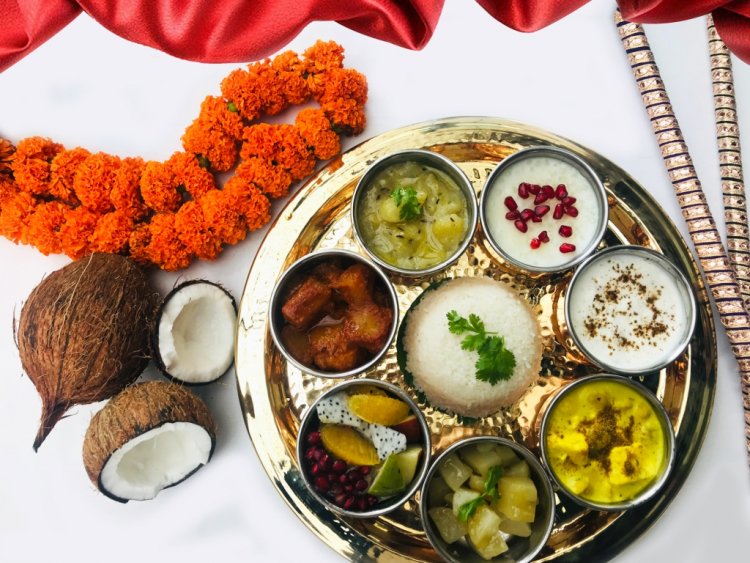Fasting Rules for Navratri: Know What to Eat and What to Avoid

Navratri is one of the most auspicious festivals that begins from today, October 17th this year and is celebrated for nine-nights and ten-days. Hence, it is time to start prepping for the celebrations with fervour and enthusiasm. Since most of the people keep fast for nine days, check the list out to know what to eat and what to avoid during the Navratri.
Food Items You Can Eat During Navratri Fasting
- Rajgira atta (Amaranth flour), Singhara atta (Water Chestnut Flour), Kuttu atta (Buckwheat flour), Sama ka Atta (Barnyard Millet Flour), and Arrowroot flour can be consumed.
- As a healthy Navratri snack, nuts like cashew nuts, almonds, pistachios, walnuts can be consumed.
- Flax seeds, chia seeds, and sunflower seeds are good options to be included in a fasting diet, to keep the energy levels up.
- Dates are a healthy part of the Navratri diet. Even berries can also be consumed.
- Milk and curd can be used.
- All kinds of seasonal fruits can be eaten. Consume them as fruit salad, juice, fruit smoothies, or fruit kheer, for instance, apple kheer.
- Raw sugar, or regular sugar, jaggery, and honey can be consumed.
- Coconut water, grated coconut can be consumed too.
- Sabudana can be consumed during Navratri.
- Vegetables like potato, sweet potato, bottle gourd, cucumber, pumpkin, raw banana, ginger, tomato, carrot, and colocasia are allowed.
- Spices like rock salt, black pepper, cumin powder, red chilli powder, and dried raw mango powder can be used.
- Seasoning like green chillies, ginger root, coriander leaves, curry leaves, lemon juice is allowed.
- Also, cook your food by only using ghee or peanut oil.
Food Items to Avoid During Navratri Fasting
- Consuming white rice at the time of fast is not allowed.
- One should stay away from non-vegetarian food, aerated drinks, and alcohol during Navratri.
- Smoking is also not allowed during Navratri.
- Cereals and pulses cannot be consumed.
- Several types of flour such as corn flour, wheat flour, maida, rice flour, suji, and some grains are prohibited for those who are observing fasts.
- Onion, garlic, brinjal, mushrooms, leek, shallot, should be avoided.
- Cabbage, cauliflower, capsicum are also avoided, due to their strong, pungent or salty taste.
- People observing Navratri fast avoid legumes and lentils too.
- Table salt cannot be consumed.
- Packaged food items like chips, biscuits, candies, and chocolates are not allowed.
- Certain spices are prohibited during Navratri fasting. These include mustard seeds, asafoetida, fenugreek seeds, turmeric, and garam masala.
These dos’ and don’ts related to Navratri fasting foods are considered as a mark of devotion to Goddess Durga. Adapting a simple diet is healthy as well.
Happy Navratri fasting!















































